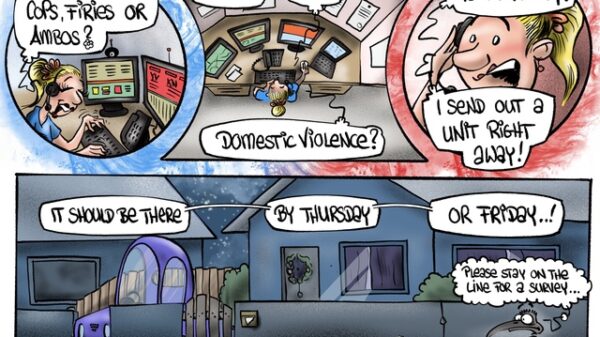Health Minister Mark Butler has announced a plan to redirect children with mild developmental delays and autism away from the National Disability Insurance Scheme (NDIS) and into a new initiative called Thriving Kids. The proposal aims to alleviate escalating costs associated with the NDIS while providing more appropriate support services. Responses to the initiative have been cautiously positive from various autism groups and service providers, who see potential benefits if implemented correctly.
The Thriving Kids program, expected to launch in 2026, targets newly diagnosed children, steering them toward existing support systems rather than the more expensive tailored services provided by the NDIS. This shift is particularly significant given that autism diagnoses have been identified as a primary driver of the NDIS’s rapid expansion. Critics, including mental health expert Patrick McGorry, caution that the ease of autism diagnosis, often referred to as “autism creep,” remains a pressing issue.
McGorry has consistently expressed concerns regarding the trend of overdiagnosis among wealthier families, who may exploit the NDIS for greater support. He argues that funds currently absorbed by the NDIS could yield better outcomes for young people’s mental health if allocated differently. There is a risk that the Thriving Kids program could replicate the existing issues faced by the NDIS, particularly if costs, which will be shared with state and territory governments, begin to escalate under parental pressure for more services.
The reaction from the opposition has also been noteworthy. Shadow ministers Anne Ruston and Phillip Thompson have expressed a willingness to engage constructively regarding reforms to the NDIS, acknowledging its unsustainable growth. They contrasted this cooperative spirit with the previous government’s record of politicizing the NDIS for short-term political gain.
Historically, the Labor Party criticized Coalition initiatives aimed at restricting NDIS expenditures. However, upon taking office, they acknowledged the out-of-control growth of the NDIS and the need for recalibration. Bill Shorten, the minister instrumental in establishing the NDIS, has now been tasked with guiding these reforms.
While there is significant focus on the NDIS and its funding, there is another side to the conversation. The government is set to increase defence spending at a rate of 5% annually over the next few years. Various commentators and experts argue that this allocation should be even more substantial, reflecting the urgency of national security needs. Unlike the scrutiny faced by the NDIS, defence spending has not sparked discussions about its “social licence,” nor are there significant calls for cost-cutting in this area.
The comparison between these two sectors raises important questions about government priorities. Both defence and disability services are critical, yet the expectations for financial prudence seem unevenly applied. The opaque nature of defence spending, often shielded by secrecy and lacking independent oversight, stands in stark contrast to the public scrutiny of the NDIS.
In summary, while the Labor government’s reforms to the NDIS through the Thriving Kids initiative represent a significant shift toward addressing rising costs and improving service delivery, it also highlights the disparity in funding discussions between disability services and defence. As the political landscape evolves, the challenge remains to ensure that resources are allocated in a manner that delivers the best outcomes for all Australians, particularly those most vulnerable.





























































